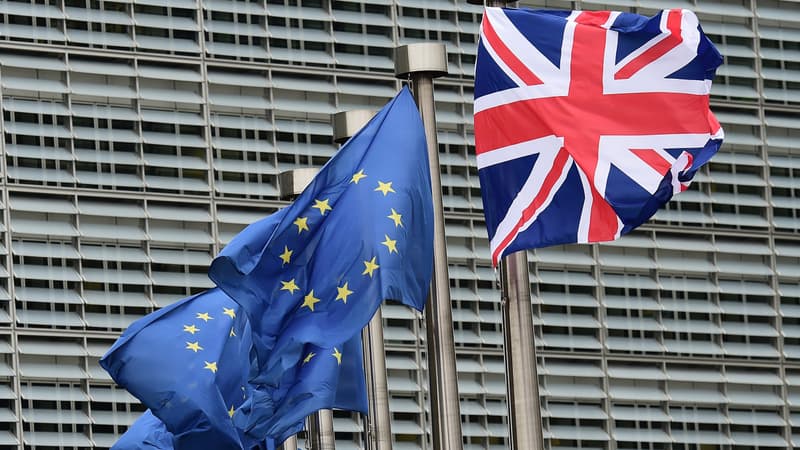Discussions between the United Kingdom and the European Union on post-Brexit controls in Northern Ireland are “very constructive,” European Commission President Ursula von der Leyen said on Wednesday.
“Our teams are working together to find solutions and reach a common framework (…) The negotiations will continue until the end, until the moment you know what the final result is and are firm, but the discussions are very constructive. “he said at a press conference in Brussels.
Tuesday, the Times He assured that Brussels and London had agreed on a project that would put an end to the systematic control of products arriving in Northern Ireland. The European executive would also have accepted that the Court of Justice of the European Communities (ECJ) can deal with Northern Ireland cases only if the local courts
requested. However, a UK government source told Reuters no deal had been reached and negotiations were continuing.
grace periods
Negotiated at the same time as the Brexit treaty, the Northern Ireland protocol effectively keeps Northern Ireland, which has Britain’s only land border with the EU, in the single European market. The text intends both to preserve the 1998 peace agreement, which ended three decades of bloody conflict on the island, avoiding the return of a hard customs border between the Republic of Ireland (a member of the EU) and the British province of Ireland of the North, such as protecting the integrity of the single European market.
But Northern Ireland unionists see customs checks on goods from Britain as a threat to Northern Ireland’s place within the UK and are therefore boycotting local institutions and demanding sweeping changes to protocols. . However, the text has never been fully implemented due to the introduction and extension of grace periods in the controls for products such as non-frozen meats or medicines, so its full application suggests that the difficulties will become more acute.
London, which criticizes the Europeans for refusing to renegotiate the text and accuses them of a lack of flexibility, has decided to legislate to unilaterally reverse the customs provisions of the text, while Brussels demands its application to protect the integrity of the European market. The discussions had been relaunched in 2022 between the two parties.
Source: BFM TV


